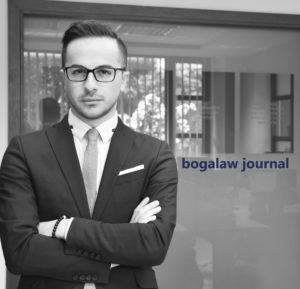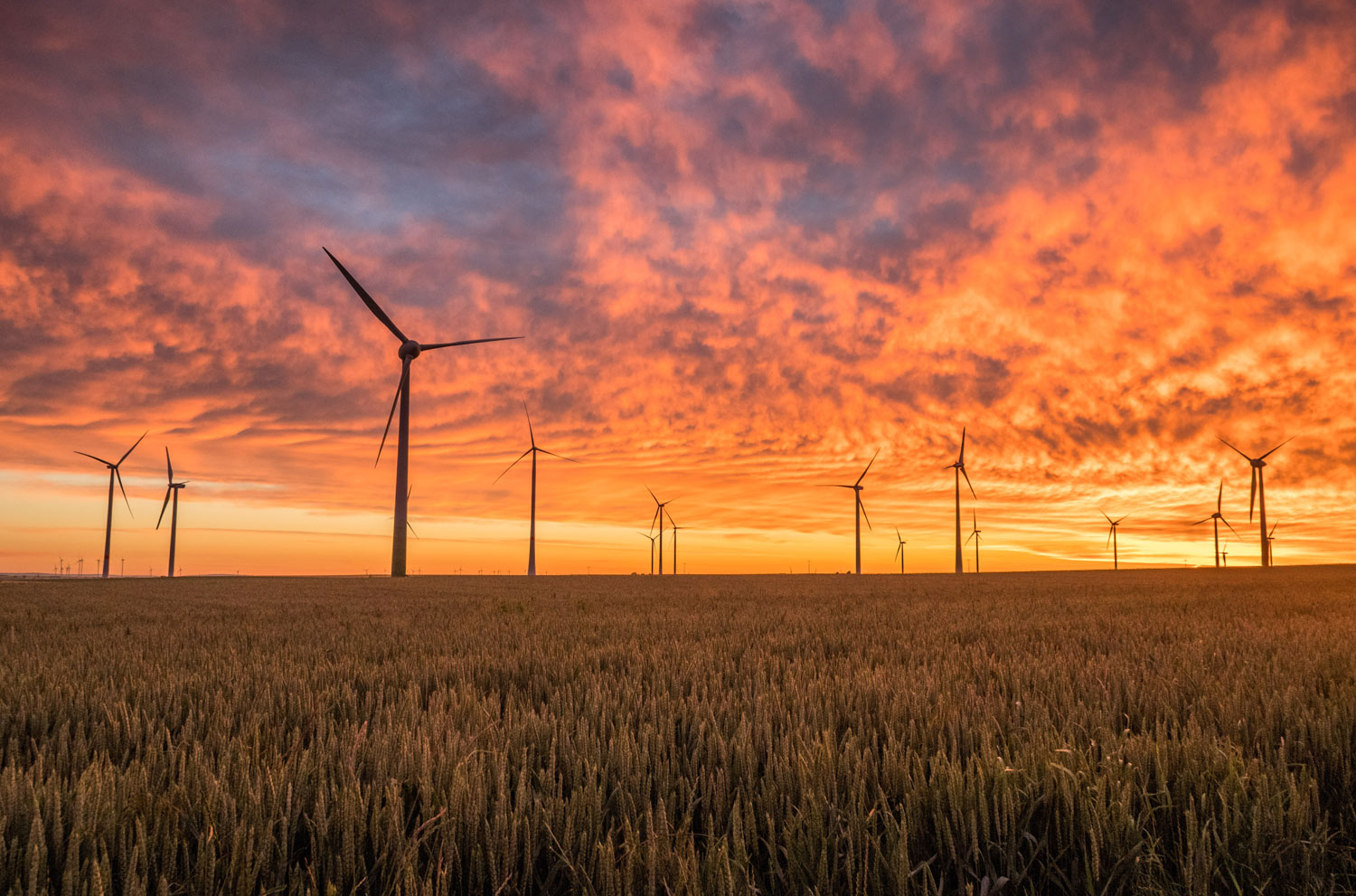Needs and challenges.
“Access to affordable, reliable, sustainable and modern energy for all[1]” by 2030 and yet roughly 1 billion people, which amounts to approximately 13% of the world’s population – are still living without electricity[2]. This not the Albanian case, an upper middle-income country, where access to electricity is reported to be ensured for 100% of the population[3] but yet challenges of the energy market lie ahead.
Albanian energy sector has undergone a holistic reform[4]. The country has the obligation to implement the EU energy acquis in force as a party of the Energy Community Treaty, adopt measures to fulfill the commitments under the Paris Agreement (COP 21), and meet the ambitious objective of having 38% of energy generated out of renewable sources as set out in the National Renewables Action Plan 2018-2020 (approved by the Council of Ministers upon decision no. 179, dated 28.03.2018).
In 2018, the Council of Ministers approved the new National Energy Strategy 2018-2030 and three main challenges faced by the Albanian energy sector, were outlined. Such challenges served as the basis for the drafting of the new strategy, as follows:
- Meeting the energy demand/need according to the economic development in different sectors and the citizen’s energy consumption;
- Improvement of the energy intensity indicator;
- Strengthening of the supply security, by improving the energy efficiency, usage of renewable sources together with conventional production means, as well as regional cooperation and integration.
Whilst it is evident that a coordinated approach is required to address the above-indicated challenges, clean energy is perceived as one of the solutions, making it of paramount importance. Prima face, Albania seems to have already met its objectives and targets – in terms of having 38% of energy generated out of renewable/clean energy – but not without strings attached. As a matter of fact, the Albanian government has reported that the country has already exploited nearly 50% of its hydropower potential with hydropower being the “traditional” source of energy production in Albania[5] and almost entirely relying on such source for the electricity consumption needs of the country. Although this has certainly contributed to the generation and consumption of clean energy, a direct dependency on hydropower is caused – by making the sector vulnerable to the changes of the hydrologic conditions and thus materially affecting the security of energy supply.
But also, plans for future projects (such as in Valbona or Vjosa rivers) have been subject to heated debates which arise due to ecological considerations, questioning the quality of environmental impact assessments undertaken for such energy projects[6], along with transparency claims.
Regulatory framework
And it is not by chance that the strategy has shifted towards the development of sources other than hydropower – with a particular focus on wind and solar sources – by adopting laws and regulations which aim to foster the utilization of renewable sources. Law no. 7/2017 “On Promotion of Renewable Energy Sources” (RES Law) was approved on 02.02.2017, along with sublegal acts adopted during 2018, introducing inter-alia, “incentive schemes”. Such schemes, consist of instruments or mechanisms for encouraging utilization of energy from renewable sources by reducing the costs of such energy, raising its market price or by increasing the volume of purchased power by imposing the obligation for the use of renewable energy[7], subject also to scrutiny under state aid rules.
Some of the main incentive schemes introduced consist in (i) “Feed-In-Premium” for so-called large projects (i.e. installed capacity over 2 MW), granted on the basis of non-discriminatory, clear and transparent auctions, (ii) a fixed tariff determined by the Energy Regulatory Authority (ERE) on annual basis, granted to small projects (i.e. installed capacity of 2 MW (3 MW for wind sources) (iii) the so-called net-metering scheme for self-producers up to 500 kW.
In addition, a “first come-first served” approach was adopted with the aim of facilitating the process of obtaining an authorization for the construction of a renewable energy project, unlike for traditional concession/PPP projects. Such has considerably increased the interest of private investors, but the actual development of the projects currently granted remains questionable given that they require advanced technical capacities from the investors.
EU Integration and energy law
The Stabilization and Association Agreement between Albania and the EU came into force in April 2009 (SAA), whereas as of 2014, Albania is a candidate country for EU membership. Under the above, Albania shall inter alia, align its national legislation with EU acquis.
However, unlike in the other areas of law, when it comes to energy law – the situation is slightly different, as the obligations become even more direct given that Albania is also a member of the Energy Community Treaty (ECT). The latter was signed in Athens in October 2005, entered into force in July 2006 and its mission is the expansion of the EU internal energy market to neighboring countries[8]. As signatory of the ECT, Albania is obliged to adopt the so called EnC acquis[9] – the set of energy laws to be transposed and subsequently enforced by all parties of the ECT.
Under the above, the EnC is often described as a uni-sectoral ‘integration without membership’[10] and from EU’s perspective it serves as a mean for the further promotion of the energy interests of EU towards third countries.
Successful integration of markets requires inter alia regulatory convergence (i.e. harmonization of legislation) and investment protection mechanisms (i.e. investment protection and facilitation treaties), but when it comes to energy, the real challenge has historically remained the political agenda and inertia. And this is also the case of Western Balkans countries in the Energy Community, given that “as beliefs in energy autarchy and resistance against transparency and new market entrants are still common”[11] and at certain aspects the policy which is perceived as less idealistic way of integrating such countries in the EU[12], may be the one actually pushing them away[13], inter alia due to its political complexity.
Conclusions
The ongoing reform is welcomed, but the Albanian experience with hydropower, shall serve as a reminder for the need of adopting a balanced approach to ensure the successful operation of the energy market. A market which along with addressing consumption needs and suppling security will contribute to a sustainable growth for businesses and the economy in general. The announcement for the establishment of the long-awaited Albanian Power Exchange, it is expected to boost the reform towards the functioning of an opened, flexible and transparent energy market[14].
The reform also represents an opportunity for the development of innovative projects such as floating photovoltaics (PV) which were announced by Korporata Elektroenergjetike Shqiptare (KESH) (Albanian state-owned utility) and the Statkraft (which is present in Albania through Devoll hydropower project – which consists of Banja HPP 72 MW and the 184 MW Moglice HPP on Devoll river).
But also, with the right political engagement and mindset, the reform represents an opportunity for the country to become a frontrunner among Western Balkan countries, in their EU integration process. A process in which adoption of new laws only counts for so little. This highlights the need of closing the gap between transposition of laws and practical implementation – which is often the result of systemic failures and weak rule of law.
[1] Sustainable Development Goals Knowledge Platform, accessed May 13th, 2019 https://sustainabledevelopment.un.org/sdg7
[2] “Tracking SDG7: The Energy Progress Report 2018” accessed May 13th, 2019: http://trackingsdg7.esmap.org/
[3] “Tracking SDG7: The Energy Progress Report 2018” accessed May 13th, 2019 http://trackingsdg7.esmap.org/country/albania
[4] Alketa Uruçi and Armando Bode “Albanian Legal and Regulatory Framework – Opportunities to Albanian Organizations” Advantage Magazine of American Chamber of Commerce in Albania (2018): 36, accessed May 13th, 2019, https://amcham.com.al/wp-content/uploads/2018/11/Revista_tetor_2018_Web.pdf
[5] Ibid.
[6] European Commission (2018). Albania Report: Communication from the Commission to the European Parliament, the Council, the European Economic and Social Committee and the Committee of the Regions. (SWD(2018) 151 final, accessed May 13th, 2019, https://ec.europa.eu/neighbourhood-enlargement/sites/near/files/20180417-albania-report.pdf
[7] Genc Boga and Alketa Uruçi “Albanian Chapter – Energy” Global Legal Insights (2019), accessed May 14th, 2019, https://www.globallegalinsights.com/practice-areas/energy-laws-and-regulations/albania
[8] European Parliament (2015) Briefing: Energy Community Prospects and Challenges, accessed May 14th, 2019, http://www.europarl.europa.eu/RegData/etudes/BRIE/2015/569011/EPRS_BRI(2015)569011_EN.pdf
[9] See: Energy Community acquis, accessed May 15th, 2019, https://www.energy-community.org/legal/acquis.html
[10] See: Leal-Arcas, Rafael and Filis, Andrew “The Energy Community, the Energy Charter Treaty and the Promotion of EU Energy Security” in “The Energy Community: A New Energy Governance System, Intersentia” edited by Buschle, D. and Talus, K., 551-589, 2015; Queen Mary School of Law Legal Studies Research Paper No. 203/2015. Accessed May 14th, 2019, https://ssrn.com/abstract=2613855
[11] Energy Community Secretariat “Knocking on the EU’s Door through the Energy Community: Integration of Western Balkans into the Pan-European Energy Market” (2018), accessed May 14th, 2019, https://www.energy-community.org/
[12] See: Leal-Arcas, Rafael and Filis, Andrew “The Energy Community, the Energy Charter Treaty and the Promotion of EU Energy Security” in “The Energy Community: A New Energy Governance System, Intersentia” edited by Buschle, D. and Talus, K., 551-589, 2015; Queen Mary School of Law Legal Studies Research Paper No. 203/2015. Accessed May 14th, 2019, https://ssrn.com/abstract=2613855
[13] Janez Kopač “The burden of coal at the doorstep of the Energy Union” (2019), accessed on May 14th, 2019: https://www.euractiv.com/section/electricity/opinion/the-burden-of-coal-at-the-doorstep-of-the-energy-union/
[14] See: https://www.infrastruktura.gov.al/krijohet-per-here-te-pare-bursa-shqiptare-e-energjise-balluku-standard-i-ri-i-operimit-dhe-transparences-se-ketij-sektori/
* * * * *

Armando Bode
Armando is an Associate at Boga & Associates, which he joined in 2015.
As a lawyer, he assists foreign investors (including Fortune 500 companies) on various business law aspects, including corporate, compliance and regulatory implications. He specializes in investment projects in the fields of energy, PPP/concessions and investment banking. Armando is also a licensed Trademark Attorney and has provided his assistance in competition, IP, IT and data protection law assignments for some of the most well-known brands operating in telecommunication, fashion and food industries.
In addition to his client-related work, Armando is continuously publishing for various law journals and magazines, within his areas of expertise and also assists different business associations with pro-bono advice.
Prior to joining Boga & Associates, Armando served as President of European Law Students’ Association – Albania, and as a paralegal for a local NGO providing free legal aid.
Armando holds a Bachelor of Laws and Master of Science in Public Law (2016) from the University of Tirana and obtained a postgraduate certificate from Université Paris 2 Panthéon-Assas in 2017.
In addition to Albanian, he speaks fluent English and Italian.



Comments are closed.